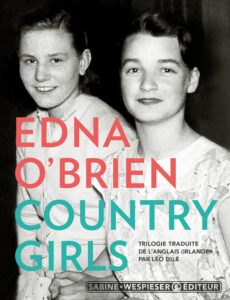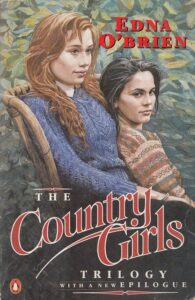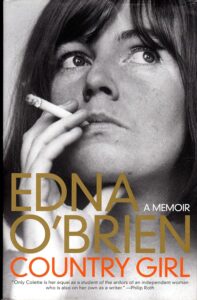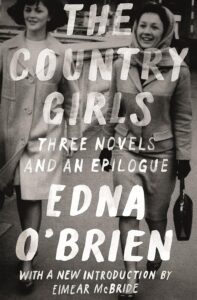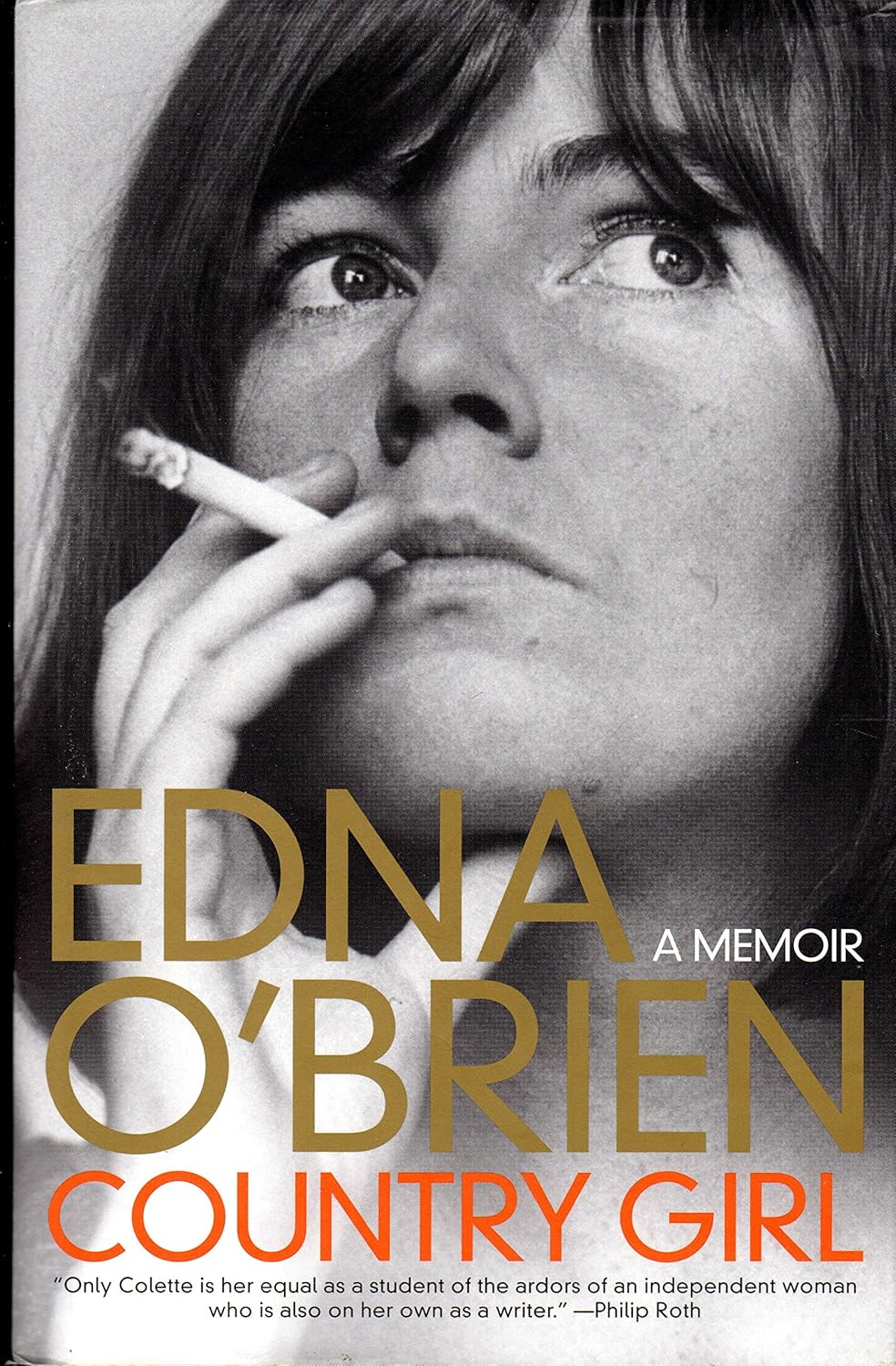Why The Country Girls Was Banned
When The Country Girls was published in 1960, it caused an uproar in Ireland. The novel’s frank portrayal of female friendship, love, and sexuality challenged the strict moral codes of a deeply conservative society. It was banned by the Irish Censorship Board for being “indecent and obscene,” with critics objecting to its open discussion of sexual desire and relationships outside of marriage.
The backlash was intense—so much so that in O’Brien’s own hometown, copies of the book were reportedly burned by a parish priest. For many in Ireland at the time, the idea of young women expressing independence, exploring their emotions, and questioning traditional Catholic values was unacceptable. The ban would remain in place for years, marking the novel as one of the most controversial works in modern Irish literature.
About the Author: Edna O’Brien
Edna O’Brien was born in 1930 in County Clare, Ireland, and raised in a rural Catholic community. Her upbringing in a strict, traditional society would heavily influence her writing. After moving to London, she began her literary career with The Country Girls, which was inspired in part by her own experiences growing up in Ireland.
O’Brien went on to become one of Ireland’s most celebrated authors, known for her lyrical prose and fearless exploration of women’s inner lives. Over the decades, she faced criticism and censorship but remained a powerful voice for female autonomy and creative freedom. Her work often centers on themes of love, identity, and the tension between personal desire and societal expectation.
Content and Themes of The Country Girls
The novel tells the story of Caithleen “Cait” Brady and her best friend Baba Brennan, two young women coming of age in 1950s Ireland. They leave their rural homes for the city in search of education, independence, and romance. Along the way, they navigate friendships, family pressures, romantic relationships, and the limitations placed on them by a conservative, male-dominated culture.
O’Brien’s portrayal of women speaking openly about love, lust, and personal dreams was groundbreaking for its time. The novel captures both the excitement and the vulnerability of growing up, while also critiquing the social and religious restrictions that shaped women’s lives in mid-century Ireland.
Why the Novel Still Matters Today
Today, The Country Girls is recognized as a landmark work of Irish literature. Its ban may seem shocking now, but it reflects how revolutionary it was for young women to see themselves honestly represented in fiction. O’Brien’s fearless writing helped open the door for future generations of female authors to explore similar themes without fear of censorship.
The novel still resonates because it speaks to universal experiences—friendship, longing, self-discovery—and to the courage it takes to break free from the roles society assigns. What was once condemned as scandalous is now celebrated for its honesty and artistry, a reminder that literature can challenge norms and help reshape cultural values.
